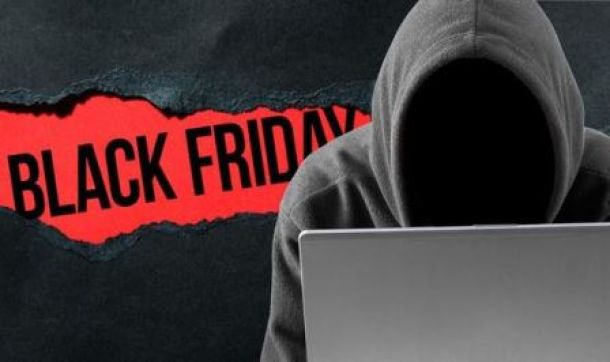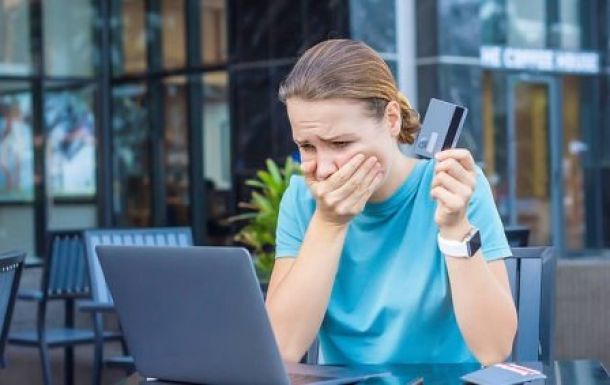New Liquor policy will make retailers liable for accidents and crimes committed by drunken customers
Making suppliers liable for accidents and crimes is unfair, unreasonable, and impractical. The DTI’s proposed National Liquor Policy (NLP) will make manufacturers, distributors, and retailers liable for harm and damage caused by customers over the legal limit.
If a township shebeen or tavern owner serves drink to an inebriated person who then commits a crime or has an accident, the publican must pay up and / or face criminal charges. In its submission to the DTI, the Free Market Foundation (FMF) contends that apart from the injustice of this idea, which is contrary to long established legal principles, it will be unworkable and costly.
Five key aspects* in the policy proposal are severely flawed and should be reconsidered.
Consider alcohol manufacturers have no control over the drinker and are so far removed from the result that they cannot, under any sane proposition, be liable for his or her subsequent actions. It would be like holding a motorcar manufacturer liable for reckless driving or a pharmacy liable for a person committing suicide by taking an overdose of sleeping tablets. Even the apartheid regime did not think of anything as absurd as blaming supermarkets for selling knives to people who stab victims.
Similarly, to expect a retailer, perhaps an unsophisticated tavern owner in a rural village, to be able to identify “intoxicated persons” is impossible. No objective test of intoxication exists. Even the drink driving law relies on a scientific test of quantity of alcohol in the blood.
Will tavern owners, late on a busy Friday night, be expected to perform blood tests on their possibly inebriated customers like police do? All of them? Where, how and when will they do this? Walking in a straight line, balancing on one leg or reciting the alphabet are all standard methods of establishing intoxication but none are practical or likely in this scenario and may discriminate against illiterate patrons. Nevertheless, should the tavern owner deem such a test positive, what then? Should he march his hapless customer off to the police station or lock him/her in until sober?
If a customer, deemed sober, leaves a tavern then swigs from a hip flask or takes a drink from a friend before walking into a passing vehicle, is the tavern owner liable and how would this be determined? The implications of this proposal are absurd and policing impossible.
Fundamental principles are at stake. One person should never be liable for the misconduct of another, unless they can be shown to be an accomplice according to long-established principles of common law. If supplying liquor to an intoxicated person amounts to culpable conduct, existing law is perfectly capable of holding the supplier liable. People are held responsible for the consequences of their actions.
This proposal seeks to impose liability where none exists. Such matters should be left to the ordinary law and the courts. There is no need for new legislation.
The NLP talks about “education and awareness” which the FMF fully supports as the way forward in a free and open society – the DTI and government should “educate not regulate”. Instead, as with banning smoking in public places and other draconian measures against tobacco use, the proposals undermine consumer and small business freedom by stealth in the guise of safeguarding the nation’s health. Once lost, freedom cannot easily be regained. The NLP proposals need to be resisted before more freedoms are taken away while the nation sleepwalks into the nanny state.
News Category
- International retailers
- On the move
- Awards and achievements
- Legislation
- Wine and liquor
- Africa
- Going green
- Supplier news
- Research tools
- Retailer trading results
- Supply chain
- Innovation and technology
- Economic factors
- Crime and security
- Store Openings
- Marketing and Promotions
- Social Responsibility
- Brand Press Office
Related Articles

Steps to stop shoplifting in your business

Beware of scam artists during the festive seaso...

Shoprite crackdown: Criminals get 24 life sente...

Top scams to watch out for as you enjoy this ye...


